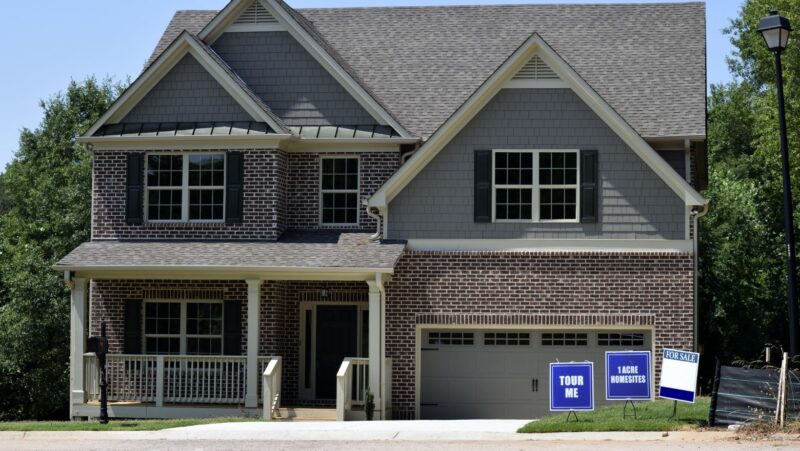
For many Fort Myers homeowners, dealing with property damage is stressful, but when insurance claim disputes enter the picture, frustration and confusion can quickly escalate. Storms, hurricanes, flooding, and fire are not just threats to a home’s physical structure; they often lead to complicated interactions with insurance companies. What should be a straightforward process of financial recovery can become a prolonged and challenging ordeal. Understanding how to handle disputes effectively is vital for safeguarding your rights and receiving fair treatment. With the right Fort Myers insurance claim advice and support, you can better navigate these situations. We will explore strategies for approaching these conflicts with confidence, clarity, and a proactive mindset.
Steps to Manage and Resolve Insurance Claim Disputes in Fort Myers
Start With Thorough Documentation and Prompt Reporting
When a claim dispute arises, the foundation of your case will rely heavily on the quality of your documentation. The more detail you can provide about the damage and the circumstances leading to it, the stronger your position becomes. After any damage occurs, take clear, timestamped photos or videos from multiple angles. If available, include receipts for repairs, maintenance records, and even home inspection reports. It’s also important to notify your insurance company promptly.
Delays in communication can give insurers grounds to question the legitimacy or timing of your claim. In Fort Myers, where hurricanes and tropical storms are common, acting quickly is especially important due to time-sensitive conditions in many policies. Save all written communication with your insurance company, including emails, letters, and claim status updates. This evidence helps you build a timeline of your efforts and ensures accountability if the dispute escalates.
Understand Your Insurance Policy Inside and Out
One of the most common sources of dispute stems from misunderstandings or vague interpretations of the policy. Take the time to review your homeowner’s insurance document thoroughly, focusing on coverage limits, exclusions, deductibles, and definitions of key terms. In Fort Myers, many policies include hurricane deductibles or specific stipulations about flood damage, which are not always obvious to the homeowner until a dispute arises.
Look for language that could be used ambiguously, such as “sudden,” “accidental,” or “maintenance-related”—since these words are often at the center of coverage disagreements. If you feel uncertain about any part of your policy, consider asking a trusted advisor, contractor, or someone with experience in insurance matters to review it. A firm understanding of what your policy includes and excludes gives you more leverage in your discussions with the insurance company.
Communicate in Writing and Keep Detailed Records
Effective communication is crucial when navigating a claim dispute; written communication is your safest and most reliable method. Verbal conversations can lead to misunderstandings or false recollections, especially if the dispute worsens. Use email or certified mail to submit questions, send updates, or request clarifications. Make note of the names, job titles, and contact information of anyone you speak with. If you have a phone call or in-person meeting, follow up with a written conversation summary and ask for confirmation. This shows professionalism and preserves the accuracy of your interactions.
Maintaining a log of your claim activity—including communication dates, the topics discussed, and any responses received—can be extremely valuable. Your organized record will be a compelling and factual resource if the issue requires mediation or legal review.
Request a Detailed Explanation for Denials or Reduced Payouts
If your claim is denied or the payout is lower than expected, don’t accept it at face value without requesting a full explanation. Ask for a written statement detailing the reasons behind the decision. In Fort Myers, disputes can often arise around weather-related damage where insurers attribute the problem to wear and tear rather than the storm event itself. This distinction is crucial because maintenance issues are usually excluded from coverage.
Request copies of any assessments or reports that influenced the decision, including those from adjusters or third-party inspectors. You have the right to question how conclusions were reached and to challenge anything that appears inaccurate or incomplete. Sometimes disputes arise because the adjuster’s report missed areas of damage or failed to consider specific factors like water intrusion in hidden structural components. Clarifying these points early can prevent further escalation.
Consider a Reinspection or Independent Assessment
When there is disagreement about the extent or cause of damage, requesting a reinspection is a practical next step.
In many cases, insurers will agree to send a different adjuster to reevaluate the property. You also have the right to hire your inspector or contractor to provide an independent assessment. In Fort Myers, local contractors familiar with storm damage patterns often spot issues that outsiders may overlook. Compare the findings from both inspections and identify any discrepancies.
These differences can become the basis for a more informed negotiation. Your independent assessment adds weight to your argument when supported by photos, written reports, and relevant repair estimates. Present your findings to the insurance company and request a reassessment of the claim value based on the new evidence. A second look can often shift the course of the dispute without requiring legal action.
For Fort Myers homeowners, navigating an insurance claim dispute doesn’t have to be an overwhelming experience. With careful preparation, a strong understanding of your policy, and a commitment to clear and consistent communication, you can significantly increase your chances of a favorable outcome. Whether gathering the right documentation, requesting a second opinion, or choosing mediation over litigation, each step builds a stronger case for fair treatment. Protecting your home starts with advocating for your rights—one well-documented conversation at a time.







